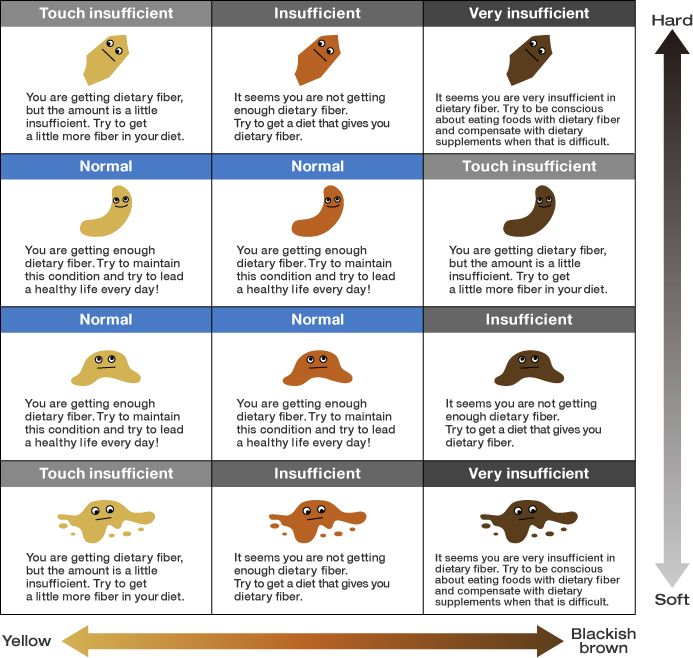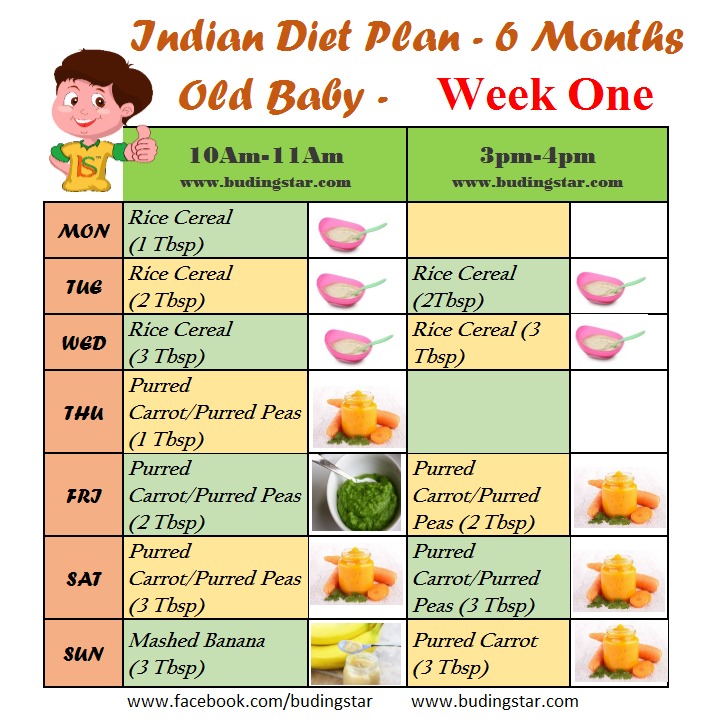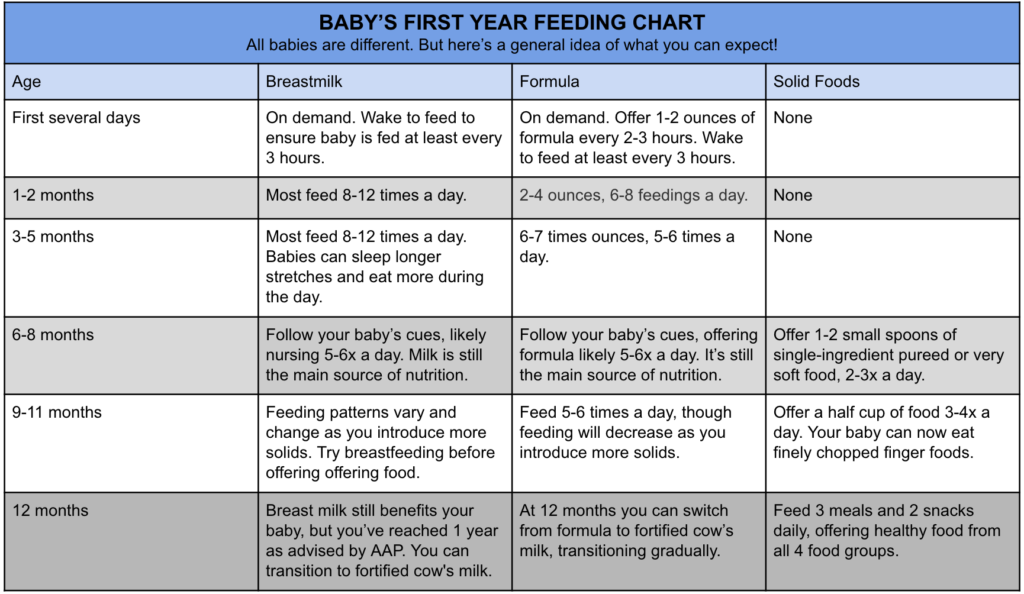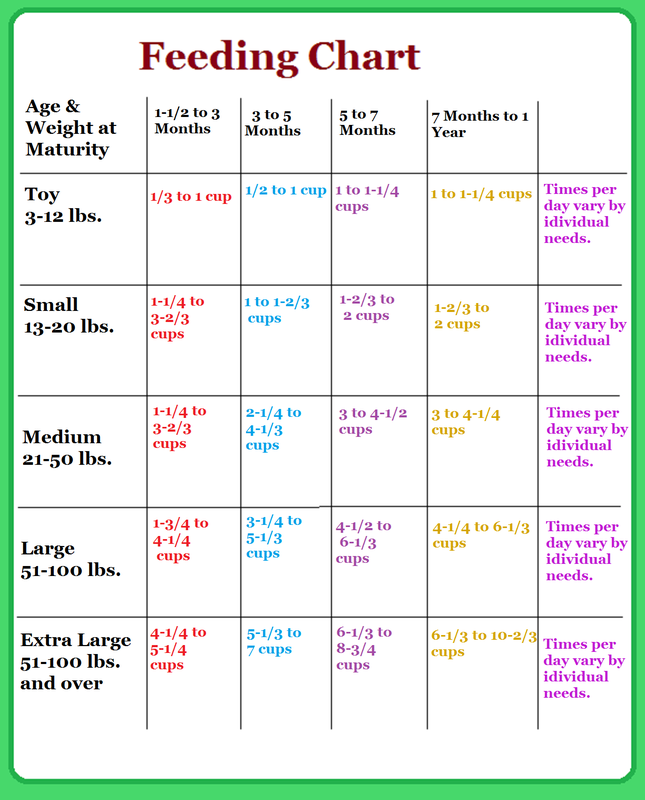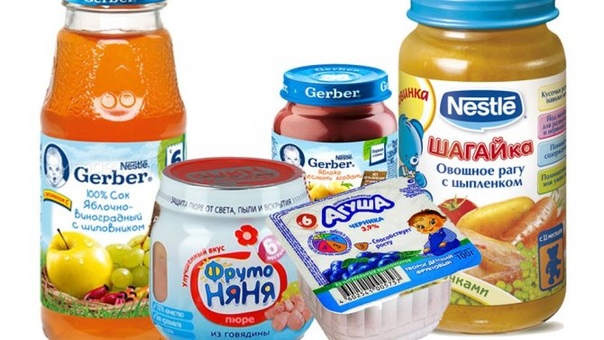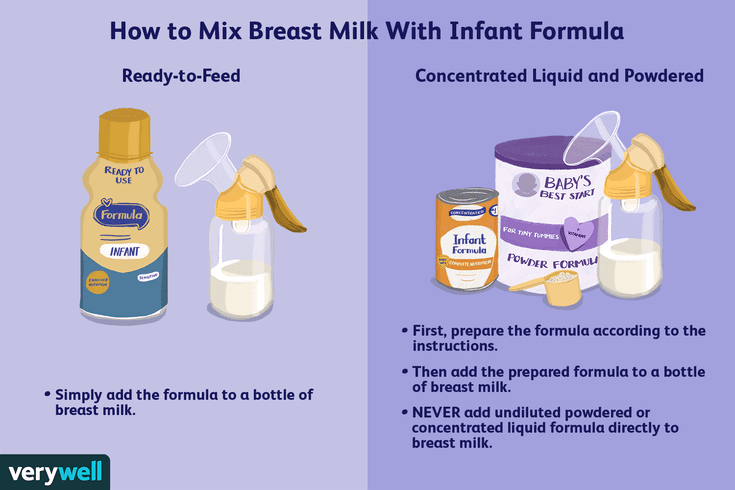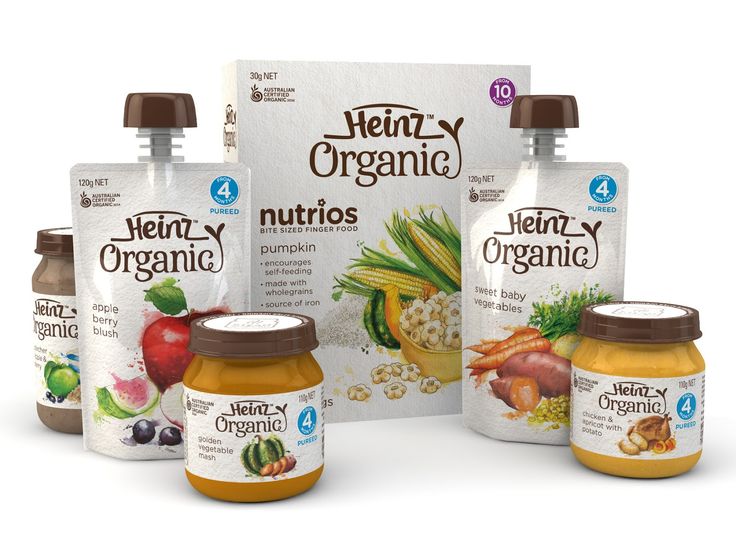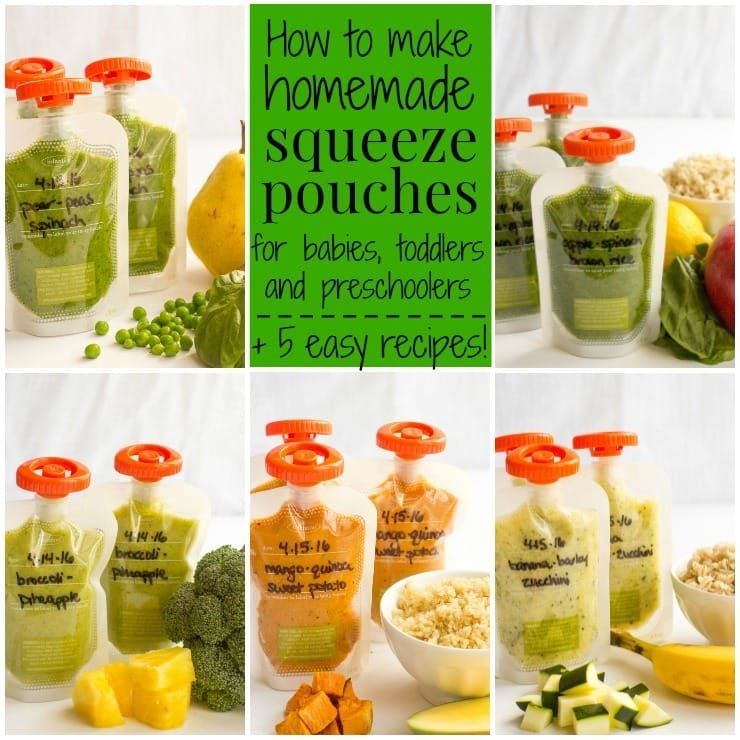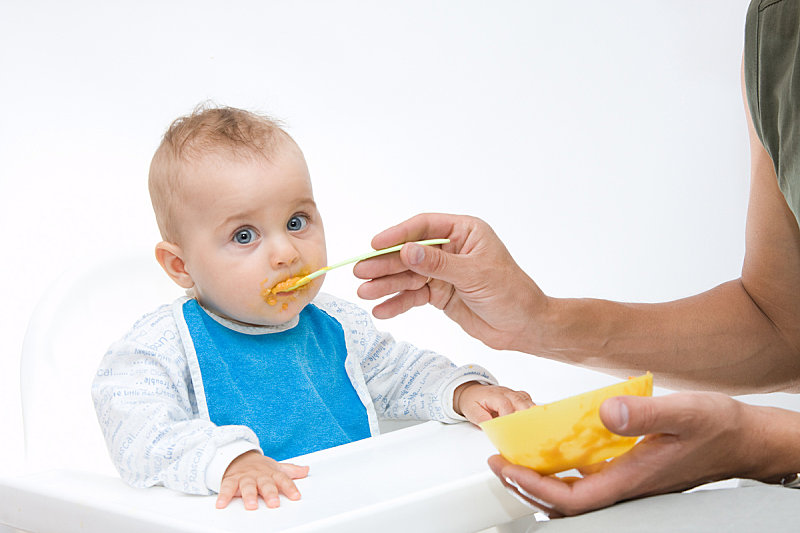Baby food to help poop
Are There Baby Foods that Help with Constipation?
While parenting brings many surprises, one of them is likely how much you’ll think about poop, or lack thereof, especially during that first year. But here you are worrying about your baby’s digestive tract and convinced that they’re constipated.
If you’ve recently introduced your baby to solid food, then your worries may be on target: solid foods can put a strain on your baby’s developing digestive tract and cause constipation. But there are things you can do to help!
Before you begin treating constipation you should determine if there is really an issue at all. So here’s the scoop on poop and how to tell if your worries are founded and your baby is constipated.
Breastfed babies
During the first few weeks, you’ll find yourself changing diapers with alarming regularity. Figure in every feed or so.
But don’t despair, because by the time your baby reaches 6 weeks old, they may have a bowel movement only once or twice a day. On the other hand, they may have one only every 7–10 days. (Yep, the frequency really can vary that much.)
The poop is yellow, soft, runny and sometimes lumpy and the smell isn’t unpleasant.
Formula-fed babies
A newborn, formula-fed baby typically poops up to five times a day. At about 6 to 8 weeks, this may decrease to around once a day.
Formula-fed babies have poop that is a camel to brown color with a thicker consistency, more like paste. Most likely, the less-than-aromatic smell means you’ll hermetically seal soiled diapers before you toss them into the garbage.
Signs that your baby is constipated
You’ve noticed that your baby’s tummy isn’t following the schedule that you got used to. Could it be constipation? Here are the signs that could confirm your suspicions:
- You notice that they cry or fuss while they’re trying to have a hard bowel movement.
- The poop, when it does come, is like hard pellets.
- You notice streaks of red blood in the hard poop.
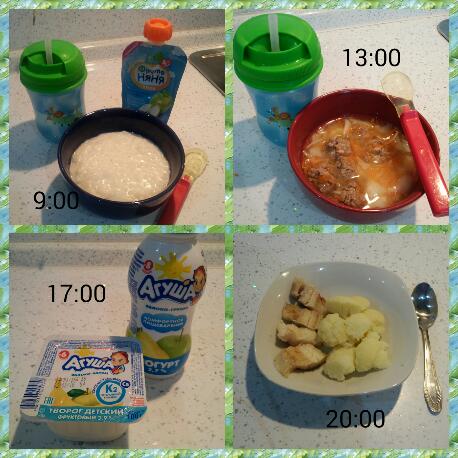
While it’s not easy for a baby on a liquid diet to become constipated, trouble can start when you start introducing your baby to solid foods at around 6 months. Here’s why:
New food types
Think of it as a learning curve: Your baby’s body is learning how to cope with a new kind of food to digest as they move away from their full liquid diet and you need to soften the learning curve. (Pardon the irresistible pun.)
Changes to fluid intake
Decreased fluids will make your baby’s poop harder and more difficult to push out. If they’ve started solids, they may need to up their fluid intake to offset the solid food. And if your baby is teething or feeling unwell, it can also lead to them taking in less fluid than usual.
Lack of fiber
Even though they’re just starting out, babies’ tummies work like ours. While initially the move to solids that have fiber (from breast milk or formula, which don’t) can cause temporary constipation, their tummies will adjust.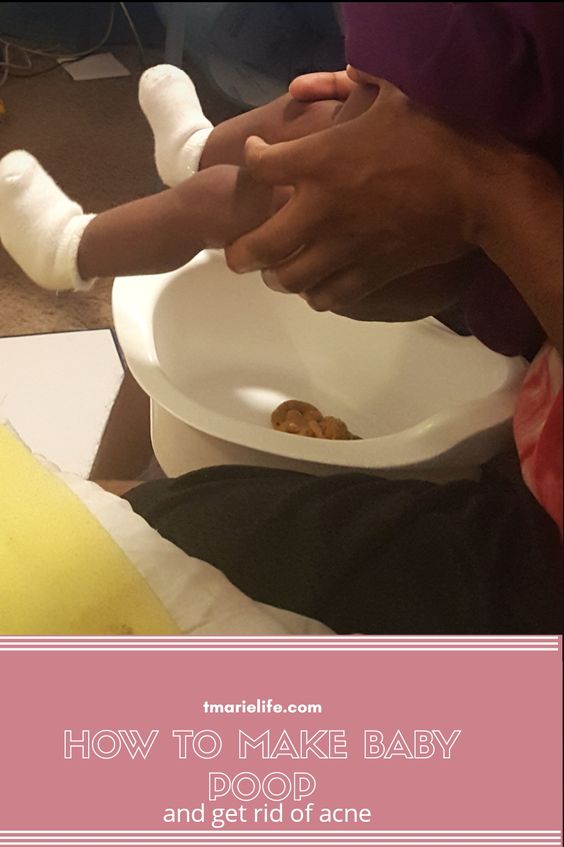
Make sure to monitor your baby’s fiber intake and pair it with plenty of hydration for a smooth ride the same way that you monitor yours.
OK, so you’ve confirmed that your baby is constipated. The next step is helping to alleviate the strain on their developing digestive system.
Remember that you can keep offering these foods as your baby develops into a toddler and beyond. In fact, there is little research or evidence to support specific foods (including high fiber ones) in treating or preventing constipation in infants. Most of these recommendations are based on evidence for older adults and children.
Keep in mind that good practice when introducing solids is to introduce foods as single ingredients. That way, if your baby is allergic to certain foods, you’ll be able to more easily trace the source.
If your little one hasn’t tried these foods before, don’t rush the process. Test out one at a time and then introduce combinations once you’re confident they’re well tolerated.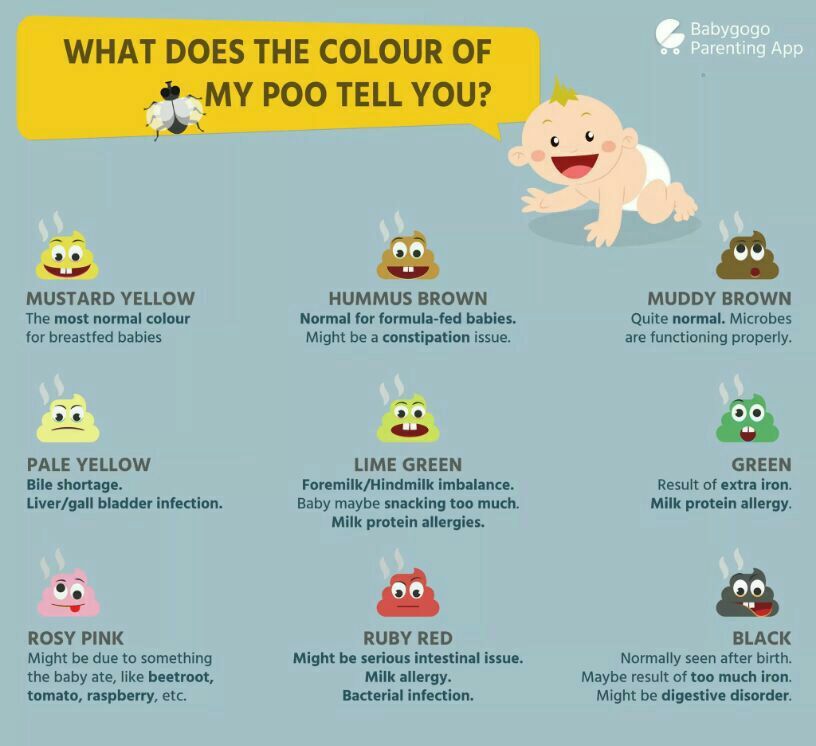
- Back to basics. Give your baby’s digestive tract a break by feeding them mashed avocado or sweet potato purée. These are easy to digest and may give your baby the kick start they need.
- B vegetables. Think broccoli, Brussels sprouts, and beans. Purée these for a meal filled with fiber.
- P fruits. Your grandmother was right — bring on the prunes for quick work. A purée that includes a mix of prunes plus pears, plums, or peaches should work magic. Try subbing the prunes with dates for a change.
- Bring on the fiber. If your baby is over 8 months, you can offer them whole grains like oatmeal, fiber-rich cereals, whole wheat pasta, and brown rice.
- Water intake. Until 6 months an exclusively breastfed or formula-fed baby doesn’t need to drink water. Above this age, you can introduce small amounts of water.
Plums and pears with cinnamon
Cut 2 or 3 pears and plums into small pieces.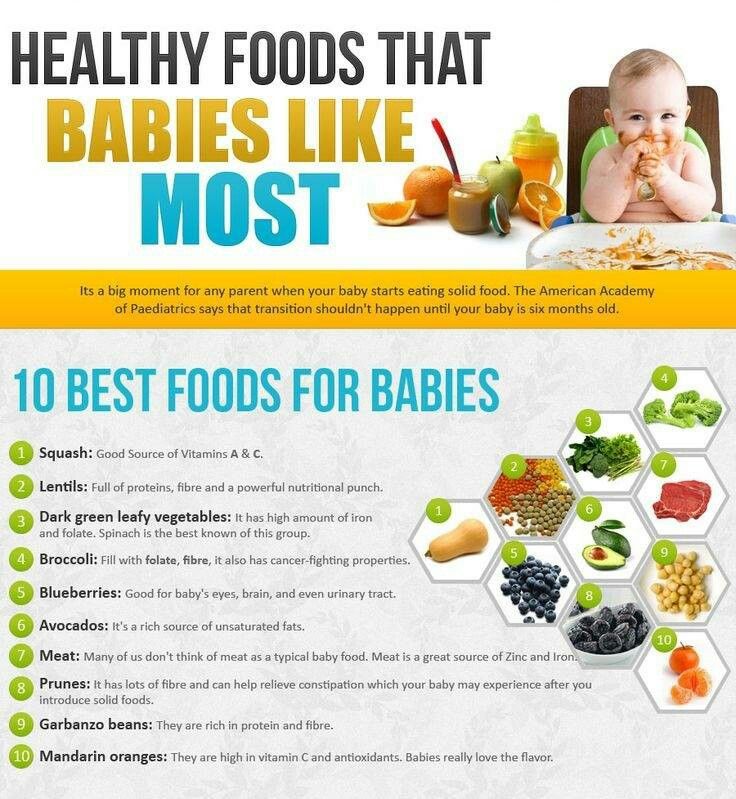 Place in a saucepan with a small amount of water and simmer until soft. Add in a sprinkle of cinnamon. Blend thoroughly.
Place in a saucepan with a small amount of water and simmer until soft. Add in a sprinkle of cinnamon. Blend thoroughly.
Sweet potato with apple and peach
Cut half a sweet potato, one apple, and half a peach into small pieces. Place in steamer basket and cook until tender. Blend until smooth.
Spinach and apple purée
Chop two apples into small chunks and cook in saucepan with about 1/2 cup of water. When they’re tender, add about 1 cup of spinach and cook another 2 to 3 minutes. Purée until smooth. Can be seasoned with cinnamon and ginger.
Some sources suggest prune, pear, and apple juices help to increase the water content in poop and can ease constipation.
However, the American Academy of Pediatrics recommends steering clear of fruit juice for children younger than 1 year old. You can stick with these fruits as purées for similar effects.
What is it about prune juice? The high levels of sorbitol and phenolic substances in prune juice and dried plums act as a laxative and diuretic properties. So if your child is over 1 year old, you can use small amounts of prune juice to encourage their system to run.
So if your child is over 1 year old, you can use small amounts of prune juice to encourage their system to run.
Some studies show that constipation may affect as much as 30 percent of children. If your child is part of the unlucky statistic, here are some foods that you may want to give them smaller amounts of until it passes:
- bananas
- dairy products such as cheese and yogurt
- low fiber foods like white rice, white bread, and white pasta
If you’re like most parents, you’ll be up for whatever you can try to help your baby get comfortable fast. Here are a few tricks that you can use to ease your baby’s constipation:
- Warm baths. These can relax those abdominal muscles and get them working.
- Exercise. Lay your baby on their back and push their legs alternately as if they’re cycling a bike. Alternatively, hold their knees and feet together and push their feet towards their belly.
- Massage.
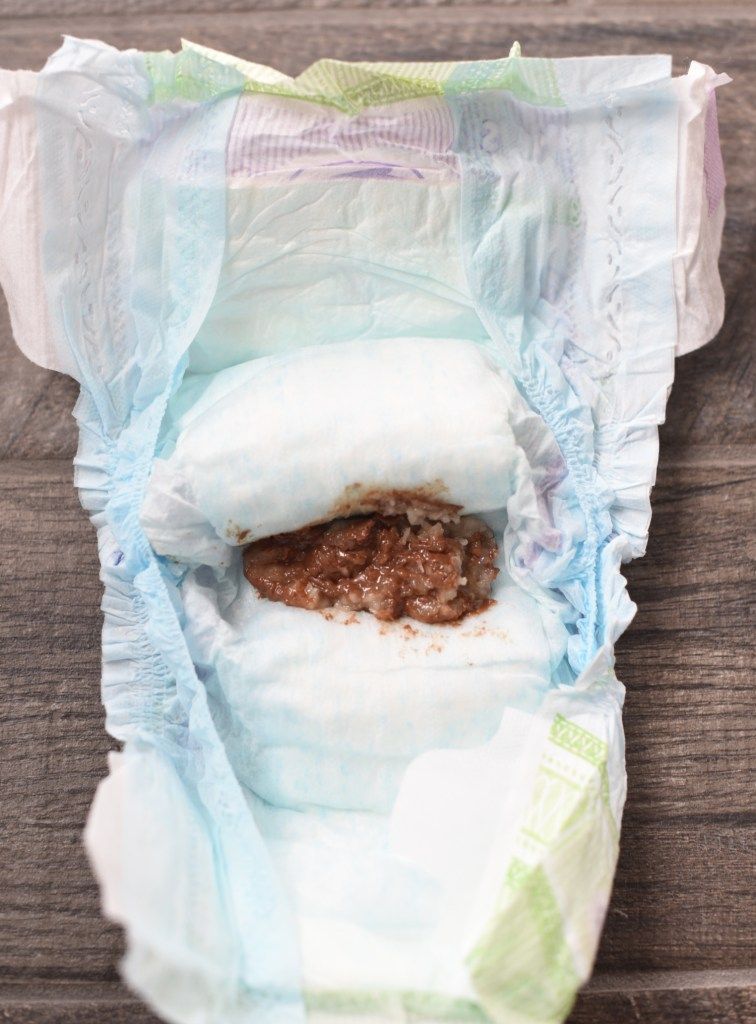 Use your fingertip to draw clockwise circles on your baby’s stomach.
Use your fingertip to draw clockwise circles on your baby’s stomach.
If you see that despite your home remedies, your baby still is having hard stools or hasn’t pooped after 2 or 3 days from their last hard stool, then contact your pediatrician. Especially if you consistently notice blood in their poop or your baby is extremely irritable and appears to be in pain.
While dealing with your baby’s toilet issues may seem a tad unsavory, you’ll soon be so used to it, that you’ll find yourself sharing your insights over coffee with other parents. And don’t be shy about sharing the yummy food combinations you discover to keep things moving.
Are There Baby Foods that Help with Constipation?
While parenting brings many surprises, one of them is likely how much you’ll think about poop, or lack thereof, especially during that first year. But here you are worrying about your baby’s digestive tract and convinced that they’re constipated.
If you’ve recently introduced your baby to solid food, then your worries may be on target: solid foods can put a strain on your baby’s developing digestive tract and cause constipation.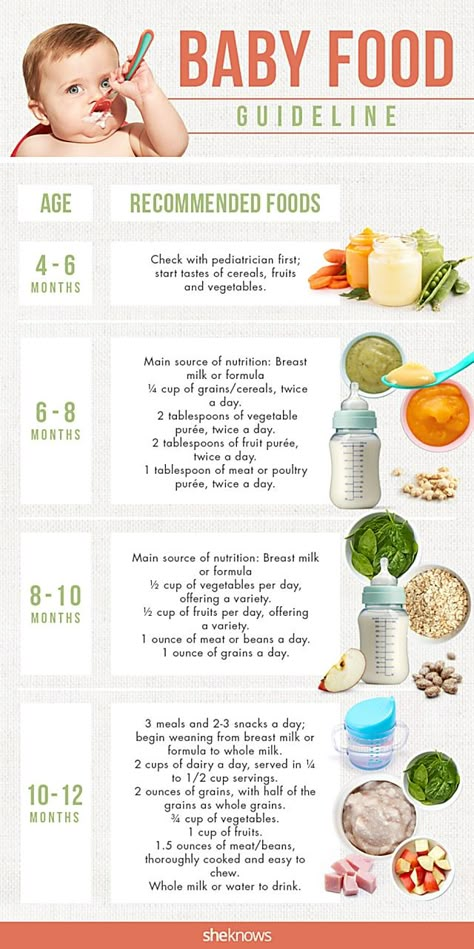 But there are things you can do to help!
But there are things you can do to help!
Before you begin treating constipation you should determine if there is really an issue at all. So here’s the scoop on poop and how to tell if your worries are founded and your baby is constipated.
Breastfed babies
During the first few weeks, you’ll find yourself changing diapers with alarming regularity. Figure in every feed or so.
But don’t despair, because by the time your baby reaches 6 weeks old, they may have a bowel movement only once or twice a day. On the other hand, they may have one only every 7–10 days. (Yep, the frequency really can vary that much.)
The poop is yellow, soft, runny and sometimes lumpy and the smell isn’t unpleasant.
Formula-fed babies
A newborn, formula-fed baby typically poops up to five times a day. At about 6 to 8 weeks, this may decrease to around once a day.
Formula-fed babies have poop that is a camel to brown color with a thicker consistency, more like paste.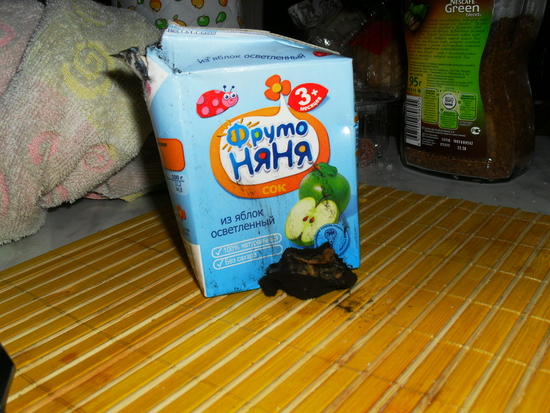 Most likely, the less-than-aromatic smell means you’ll hermetically seal soiled diapers before you toss them into the garbage.
Most likely, the less-than-aromatic smell means you’ll hermetically seal soiled diapers before you toss them into the garbage.
Signs that your baby is constipated
You’ve noticed that your baby’s tummy isn’t following the schedule that you got used to. Could it be constipation? Here are the signs that could confirm your suspicions:
- You notice that they cry or fuss while they’re trying to have a hard bowel movement.
- The poop, when it does come, is like hard pellets.
- You notice streaks of red blood in the hard poop.
While it’s not easy for a baby on a liquid diet to become constipated, trouble can start when you start introducing your baby to solid foods at around 6 months. Here’s why:
New food types
Think of it as a learning curve: Your baby’s body is learning how to cope with a new kind of food to digest as they move away from their full liquid diet and you need to soften the learning curve. (Pardon the irresistible pun. )
)
Changes to fluid intake
Decreased fluids will make your baby’s poop harder and more difficult to push out. If they’ve started solids, they may need to up their fluid intake to offset the solid food. And if your baby is teething or feeling unwell, it can also lead to them taking in less fluid than usual.
Lack of fiber
Even though they’re just starting out, babies’ tummies work like ours. While initially the move to solids that have fiber (from breast milk or formula, which don’t) can cause temporary constipation, their tummies will adjust.
Make sure to monitor your baby’s fiber intake and pair it with plenty of hydration for a smooth ride the same way that you monitor yours.
OK, so you’ve confirmed that your baby is constipated. The next step is helping to alleviate the strain on their developing digestive system.
Remember that you can keep offering these foods as your baby develops into a toddler and beyond. In fact, there is little research or evidence to support specific foods (including high fiber ones) in treating or preventing constipation in infants.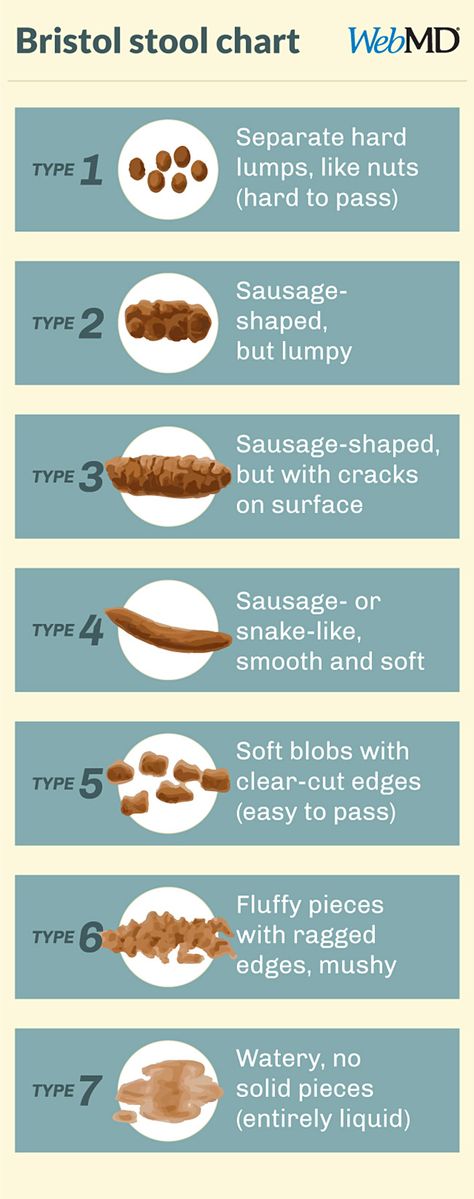 Most of these recommendations are based on evidence for older adults and children.
Most of these recommendations are based on evidence for older adults and children.
Keep in mind that good practice when introducing solids is to introduce foods as single ingredients. That way, if your baby is allergic to certain foods, you’ll be able to more easily trace the source.
If your little one hasn’t tried these foods before, don’t rush the process. Test out one at a time and then introduce combinations once you’re confident they’re well tolerated.
- Back to basics. Give your baby’s digestive tract a break by feeding them mashed avocado or sweet potato purée. These are easy to digest and may give your baby the kick start they need.
- B vegetables. Think broccoli, Brussels sprouts, and beans. Purée these for a meal filled with fiber.
- P fruits. Your grandmother was right — bring on the prunes for quick work. A purée that includes a mix of prunes plus pears, plums, or peaches should work magic.
 Try subbing the prunes with dates for a change.
Try subbing the prunes with dates for a change. - Bring on the fiber. If your baby is over 8 months, you can offer them whole grains like oatmeal, fiber-rich cereals, whole wheat pasta, and brown rice.
- Water intake. Until 6 months an exclusively breastfed or formula-fed baby doesn’t need to drink water. Above this age, you can introduce small amounts of water.
Plums and pears with cinnamon
Cut 2 or 3 pears and plums into small pieces. Place in a saucepan with a small amount of water and simmer until soft. Add in a sprinkle of cinnamon. Blend thoroughly.
Sweet potato with apple and peach
Cut half a sweet potato, one apple, and half a peach into small pieces. Place in steamer basket and cook until tender. Blend until smooth.
Spinach and apple purée
Chop two apples into small chunks and cook in saucepan with about 1/2 cup of water. When they’re tender, add about 1 cup of spinach and cook another 2 to 3 minutes. Purée until smooth. Can be seasoned with cinnamon and ginger.
Purée until smooth. Can be seasoned with cinnamon and ginger.
Some sources suggest prune, pear, and apple juices help to increase the water content in poop and can ease constipation.
However, the American Academy of Pediatrics recommends steering clear of fruit juice for children younger than 1 year old. You can stick with these fruits as purées for similar effects.
What is it about prune juice? The high levels of sorbitol and phenolic substances in prune juice and dried plums act as a laxative and diuretic properties. So if your child is over 1 year old, you can use small amounts of prune juice to encourage their system to run.
Some studies show that constipation may affect as much as 30 percent of children. If your child is part of the unlucky statistic, here are some foods that you may want to give them smaller amounts of until it passes:
- bananas
- dairy products such as cheese and yogurt
- low fiber foods like white rice, white bread, and white pasta
If you’re like most parents, you’ll be up for whatever you can try to help your baby get comfortable fast. Here are a few tricks that you can use to ease your baby’s constipation:
Here are a few tricks that you can use to ease your baby’s constipation:
- Warm baths. These can relax those abdominal muscles and get them working.
- Exercise. Lay your baby on their back and push their legs alternately as if they’re cycling a bike. Alternatively, hold their knees and feet together and push their feet towards their belly.
- Massage. Use your fingertip to draw clockwise circles on your baby’s stomach.
If you see that despite your home remedies, your baby still is having hard stools or hasn’t pooped after 2 or 3 days from their last hard stool, then contact your pediatrician. Especially if you consistently notice blood in their poop or your baby is extremely irritable and appears to be in pain.
While dealing with your baby’s toilet issues may seem a tad unsavory, you’ll soon be so used to it, that you’ll find yourself sharing your insights over coffee with other parents. And don’t be shy about sharing the yummy food combinations you discover to keep things moving.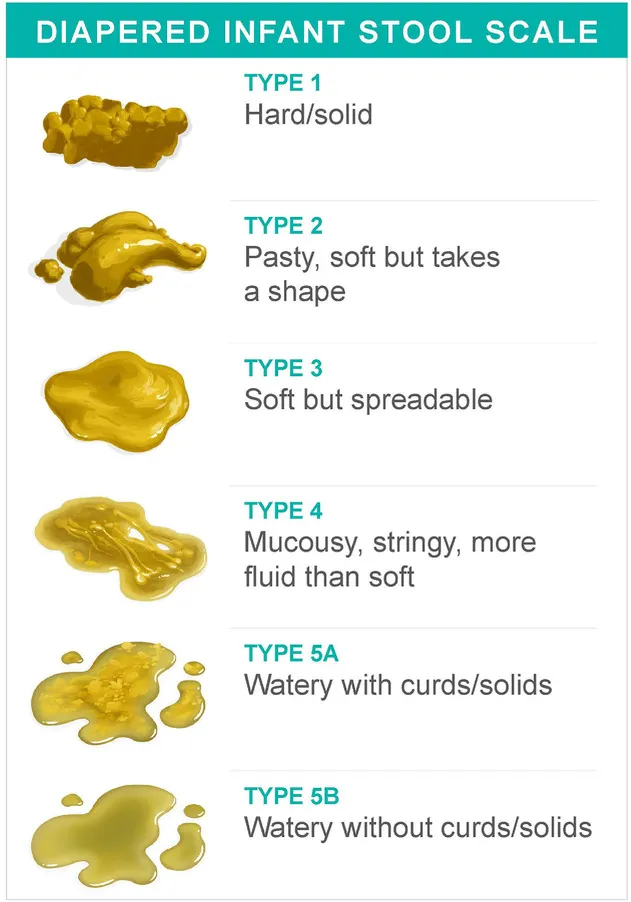
How and how much should a bottle-fed baby poop
Home » Artificial feeding
Contents
If the baby has to be bottle-fed, it must be taken into account that his bowel function changes. Accordingly, everything that is connected with such a prosaic and important process as pooping changes. nine0003
It would seem that with “artists” everything should be simple - a sterile bottle, the same mixture. And there shouldn't be any problems. But it is not so. The body of each person is unique, and the baby is especially. So how should a bottle-fed baby poop and how is the “artificial” chair different?
Color
The color of the chair is darker. Although it may depend on the mixture itself, it can vary from yellow to dark brown.
What should alert ?
If the color of the stool is unnaturally yellow or orange, liver problems.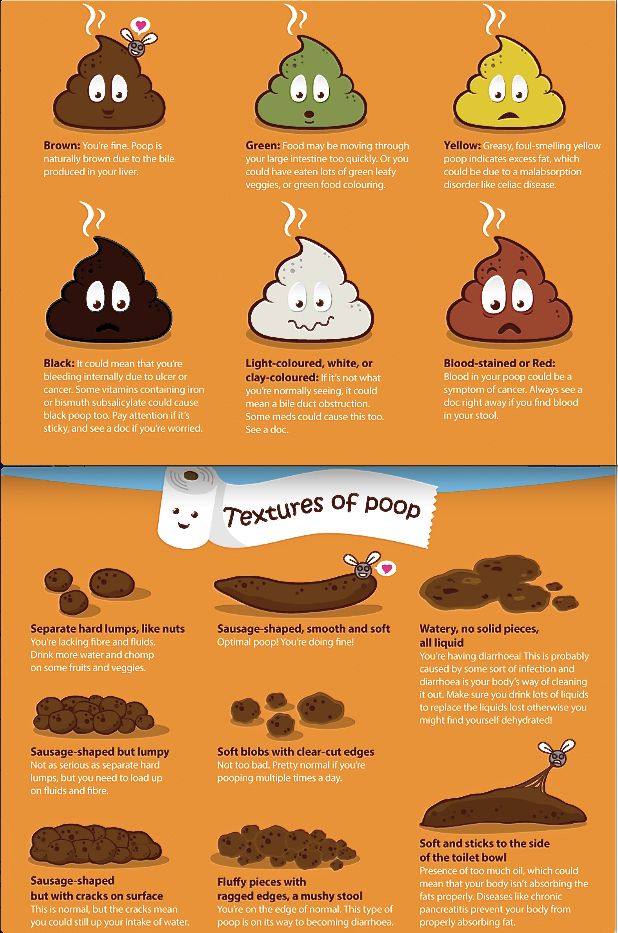
If it is green, it means various types of dysbacteriosis.
The only exception when you should not worry is the child's age up to a week. Green stool at this age is natural, it is meconium.
If it is very dark, almost black, it means that there is blood in the stool.
Consistency
Formula-fed babies have thicker stools. Sometimes white curd-like inclusions can be seen in it. This means that the proportions were not quite right, the mixture came out thicker than required, and was not completely digested. Or maybe he overate a little this time, although the portion size was the same as always. nine0003
It can be too thick, almost like in adults. This also indicates that the mixture was prepared incorrectly.
Ideally, the chair should look like a homogeneous mushy mass.
What should alert ?
- If the stool is too thin, with foam, putrid smell.
- Watery, mucus, streaked with blood.

Frequency
If the baby is bottle-fed, then the question of how much poop he should, and how often, at first rises to one of the first places. nine0003
A newborn baby can recover very often during the first weeks, literally after every feeding. Over time, this number is reduced, first to 3-4, then to 2 times a day.
What should alert ?
- If an "adult baby" a few weeks or months old suddenly has stools 5-6 or more times a day - diarrhea.
- If there is no stool for several days, constipation.
In any case, even if it seems to you that the child poops somehow “wrongly”, it is better to immediately show him to the doctor. Bring a soiled diaper with you. May your little one always be healthy! nine0003
Reading on the topic:
- How to give an enema to a child?
- Laxatives for infants
Do you want to be the first to read our materials? Subscribe to our telegram channel or VKontakte group.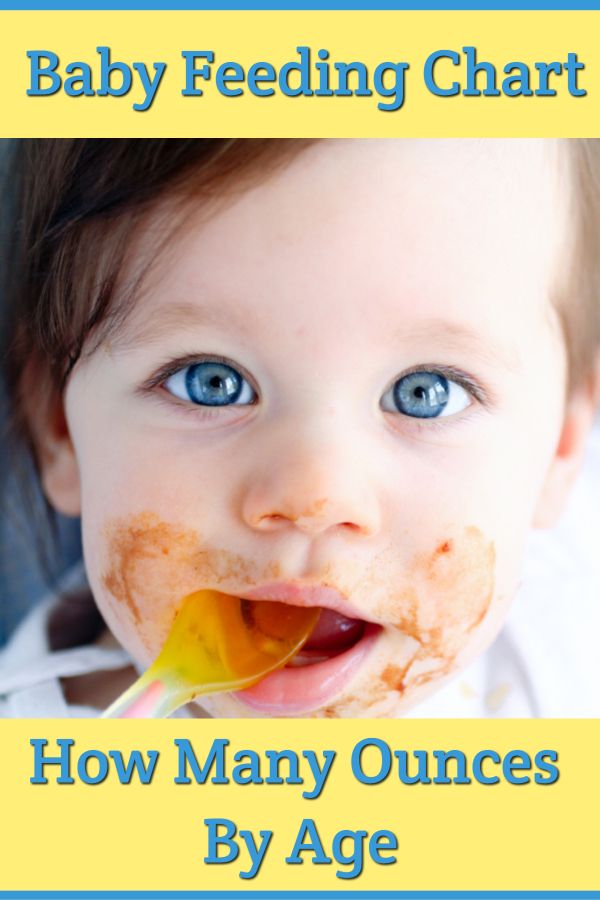
We are in Zen - join us!
Our Blog in - Pulse Mail.ru
Share with friends
nine0000 Constipation in a newborn - Articles on baby nutrition from pediatricians and MAMAKO expertsShcherbakova Alla Anatolyevna
PhD, pediatrician, gastroenterologist
Constipation - is the child sick? Newborns often poop after each feeding, but there are babies whose diapers can stay clean for 3-5 days. Does this mean the newborn is constipated? Alla Anatolyevna Shcherbakova, candidate of medical sciences, doctor of the highest category, pediatrician who accepts small patients, working as the deputy head of the Mother and Child Center on Savelovskaya, helped to understand the peculiarities of the digestion of newborns and the possible causes of rare stools, and also told how to safely help with a bowel movement for a very young child.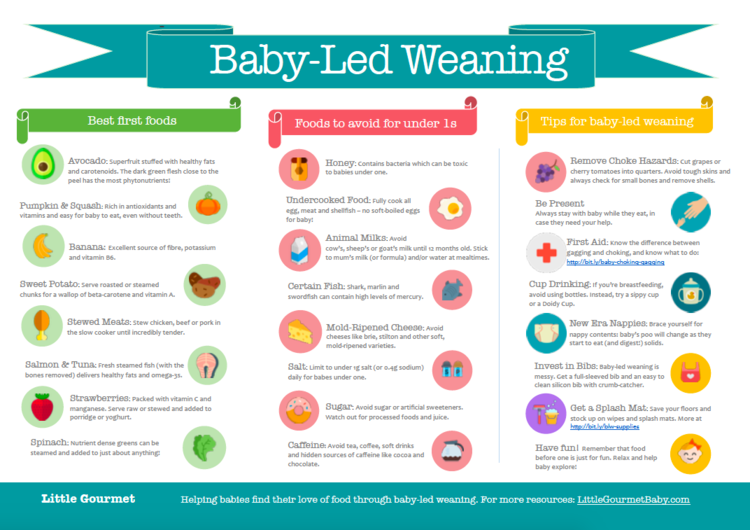 nine0003
nine0003
The World Health Organization defines constipation as persistently difficult and inadequate defecation.
— Alla Anatolyevna, many mothers are worried that their child has no stool for several days — what is the norm and how to understand that a newborn has constipation?
- In the neonatal period and in the first months of life, stools can follow every feeding or once every three days. Lack of emptying for more than three days is considered constipation, less - stool retention. A full-fledged defecation, comparable to the amount of food and cases when the child poops quite a bit - both options are accepted as the norm and do not require treatment. nine0003
— Why do children have difficulty with bowel cleansing? Why does a newborn get constipated?
- Constipation in a newborn is a fairly common complaint at the appointment with a pediatrician and pediatric gastroenterologist. The baby does not poop on its own and does not have a stool for several reasons.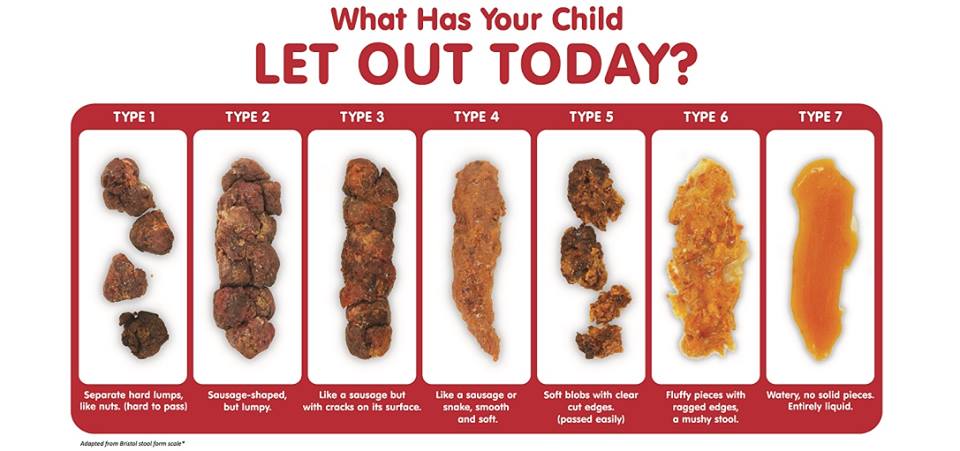
- A newborn baby is in a horizontal position most of the time, and his bowel movements are different (in adults, defecation begins under physical influence and the action of acids that are released during digestion). nine0044
- Immaturity of the anterior abdominal wall, immaturity of the enzymatic system, unformed reflex defecation also lead to the absence of an independent stool.
- Congenital factors can influence the situation, but we can talk about them when the child gets older, begins to move more and receives dietary fiber from plant foods during complementary feeding.
Some children are sensitive to food changes. Infrequent bowel movements may be the result of introducing supplementary foods, changing the mixture, starting complementary foods, switching from vegetables to porridge. This is normal for toddlers. nine0003
— Is constipation in the newborn more common with breastfeeding or formula-feeding?
- There are no research data on stool frequency with different types of feeding. But, in my practical experience, an artificial child does not have an independent chair more often than a baby. There is no connection between the mother's diet and constipation of breastfed babies. And if a woman has constipation (this is a common complaint after childbirth), she can be advised to include more vegetable fiber, fresh vegetables and fruits, and dried fruits in her diet. nine0003
But, in my practical experience, an artificial child does not have an independent chair more often than a baby. There is no connection between the mother's diet and constipation of breastfed babies. And if a woman has constipation (this is a common complaint after childbirth), she can be advised to include more vegetable fiber, fresh vegetables and fruits, and dried fruits in her diet. nine0003
— How can you tell constipation from other digestive problems?
- Difficulty with bowel movements - not as big a problem as diarrhea in infants, which is most often treated. Infant constipation is often physiological and does not require therapy, as it is caused by the changing anatomy of the newborn. If no pathology is observed, then the child, even in the absence of an independent stool, usually feels well, has an excellent appetite, and gains enough weight. nine0003
— When do pediatricians start talking about constipation as a serious problem?
- If the child has a bowel movement once every three days, this is normal.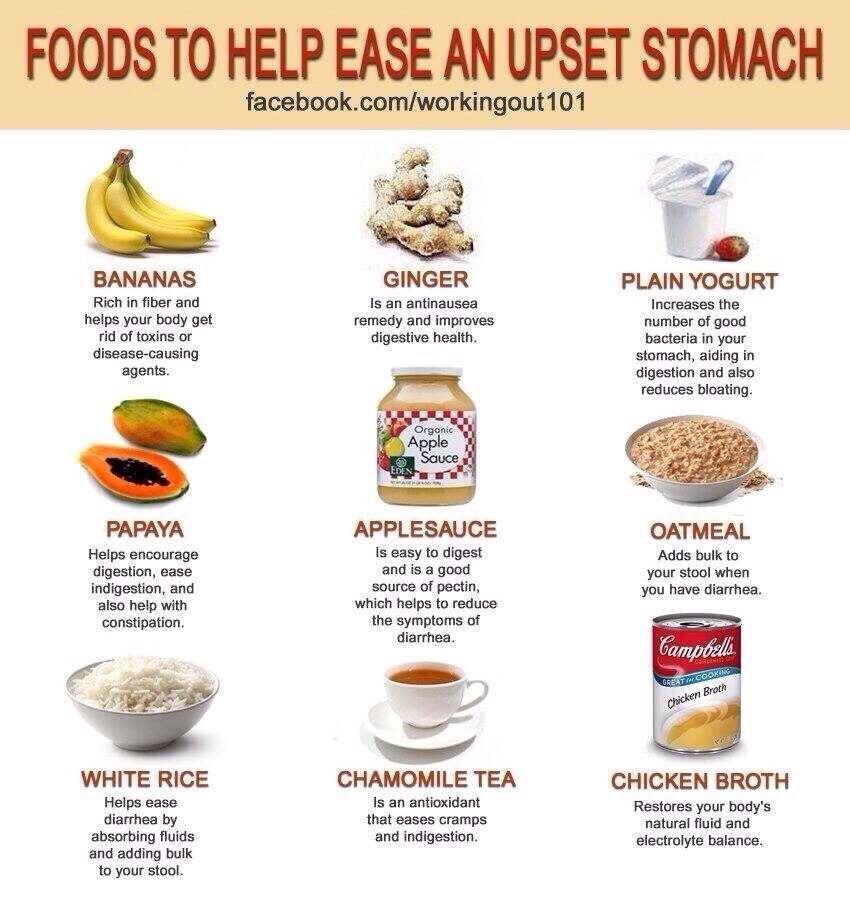 But if constipation leads to changes in well-being - the baby does not sleep, does not eat, tightens his legs, he is tormented by colic - in this case, you need to help. You need to contact the pediatrician when the parents cannot cope with the problem on their own. Most often, an independent chair in a baby can be adjusted at home, but it happens that parents lose their nerves and they begin to invent illnesses. nine0003
But if constipation leads to changes in well-being - the baby does not sleep, does not eat, tightens his legs, he is tormented by colic - in this case, you need to help. You need to contact the pediatrician when the parents cannot cope with the problem on their own. Most often, an independent chair in a baby can be adjusted at home, but it happens that parents lose their nerves and they begin to invent illnesses. nine0003
— How to help a newborn with constipation?
- The task of parents is to achieve independent stool once every three days. The main recommendation for newborns is a microenema or a laxative candle, which will help form a reflex defecation. A baby who does not have this reflex simply does not know how to empty his intestines. The use of mechanical means, as a rule, leads to emptying and relief of his condition, as well as to an improvement in the microclimate in the family, because the child ceases to experience discomfort. nine0003
— How long does it take for a baby to adapt to formula feeding and can the formula that causes constipation be changed?
- Artificial nutrition is not a treatment for constipation, but mixtures of the “comfort” category are prescribed for its prevention.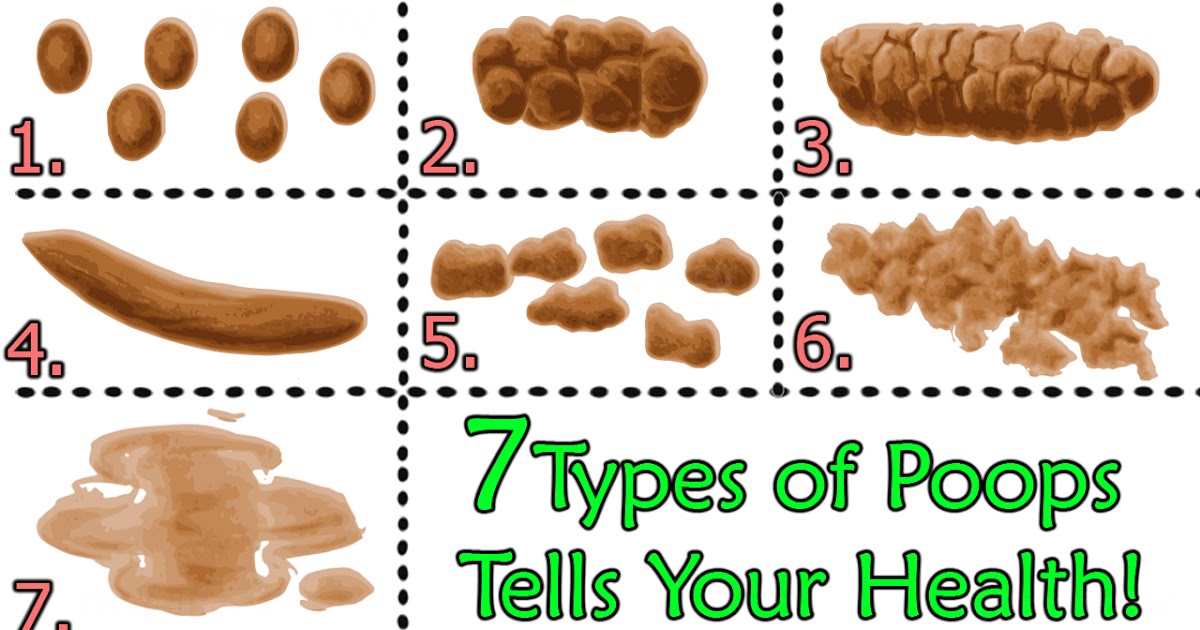 Serious conditions, when a child cannot defecate on his own and has a bowel movement only after microclysters or candles, are a reason for prescribing drug therapy.
Serious conditions, when a child cannot defecate on his own and has a bowel movement only after microclysters or candles, are a reason for prescribing drug therapy.
- Alla Anatolyevna, is the initial choice of a mixture or its replacement always the prerogative of a specialist? nine0108
- It is better when the mixture is selected by a pediatrician. Without health complaints, any age-appropriate formula intended for feeding healthy infants can be selected.
Adapted mix MAMAKO ® Premium on goat milk without palm oil contains prebiotics and probiotics, promotes the formation of soft stools. It can be offered to healthy children and toddlers with a tendency to constipation.
With complaints of rare stools, anxiety when feeding, regurgitation, abdominal pain in a newborn, you definitely need to contact a doctor. Taking into account all factors, the doctor will choose the mixture that is aimed at the specific problem of a particular child. nine0003
nine0003
For example,
The doctor will look at the reaction of the child, schedule a follow-up examination 7-14 days after the introduction of the formula, and then decide whether it is suitable or not, and, if necessary, continue to select food.
Constipation in a newborn: what to do to form a defecation reflex
Intestinal emptying disorders in young children are a common complaint. Constipation, as a rule, does not change the state of the newborn: he is in good health and normal weight gain. If you can’t cope with the problem on your own, you need to see a doctor to get treatment or calm down when you find out that everything is normal with the baby and you don’t need to do anything. nine0003
* Breast milk is the best food for babies. WHO recommends exclusive breastfeeding for the first 6 months of a child's life and continued breastfeeding after complementary foods are introduced until the age of 2 years. Before introducing new products into the baby's diet, you should consult with a specialist.